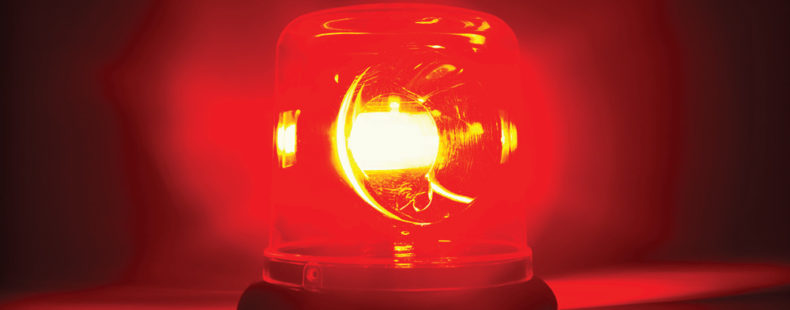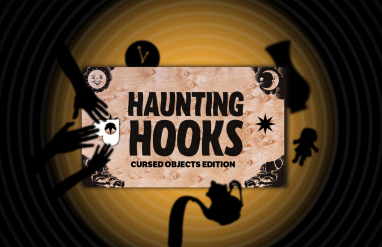by Ashley Austrew and John Kelly
In late February 2019, the House of Representatives voted to block President Trump’s declaration of a national emergency at the Mexican border. Trump’s declaration—issued on February, 15, 2019 and based on the emergency powers granted to the presidency by the Constitution—would build a wall with funds not approved by Congress, which has authority over the nation’s finances and budget.
Trump justified his decision by stating there is an “invasion of drugs and criminals” coming into the US via the Southern border, making a wall necessary for national security.
But, many are wondering, is emergency really the right word to describe what’s happening at the border?
What is an emergency?
An emergency is “a sudden, urgent, usually unexpected occurrence or occasion requiring immediate action,” or “a state, especially of need for help or relief, created by some unexpected event.” First recorded in English in the 1600s, emergency ultimately comes from the Latin verb emergere, source of emerge and meaning “to rise out or up”—as an emergency does.
Typically, we use emergency for situations that demand immediate action, such as seeking medical attention for a severe wound or providing relief to those displaced by a natural disaster. Emergencies, more generally, are unforeseen events for which there is very little time to prepare for.
Is there an emergency at the border?
Illegal border crossings have reached their highest numbers in over a decade. The US Border Patrol says it lacks the resources to address the situation, which smugglers can exploit to bring in contraband.
Despite this spike, illegal immigration overall remains at historic lows. Plus, most of the migrants are women and children seeking asylum from poverty and violence in their home countries—not armed militants posing any significant risk to national security.
A March 2018 analysis of crime data from 1990–2014 that was published in the journal Criminology last year concluded that “undocumented immigration does not increase violence.” Moreover, the Drug Enforcement Agency (DEA) also notes that most drugs come into the US through legal ports of entry—not at open borders between the US and Mexico.
Critics of Trump however, look no further than to his own language to make the case against his emergency. In fact, he contradicted his argument for an emergency during his very press conference about it: “I could do the wall over a longer period of time. I didn’t need to do this. But I’d rather do it much faster.”
President Trump provides every lawyer in the country with the core argument for why this *isn’t* a national emergency: “I didn’t need to do this, but I’d rather do it much faster.” https://t.co/cSFMKopgyR
— Tim O'Brien (@TimOBrien) February 16, 2019
To the nearly 60 percent of Americans who don’t support his national emergency, Trump’s remarks aren’t, by definition, an emergency: “a sudden, urgent, unexpected occurrence.” Trump’s national emergency, for many of them, is better defined as “fulfilling a campaign promise for his base.”
What else might we call the situation at the border?
There are a lot of words Trump could have used that don’t involve declaring emergencies. Synonyms include exigency, plight, quandary, straits, and crisis.
Many would agree that the situation at the border is a crisis—or, “a stage in a sequence of events at which the trend of all future events, especially for better or worse, is determined; a turning point”—but not because there’s an invasion of drugs and criminals.
Immigration rights activists see a humanitarian crisis both because of conditions immigrants are facing in detainment at the border (two children died in US custody in December 2018) and due to the poverty and gang violence causing them to flee their homelands in their first place.
And, some legal scholars see a pending constitutional crisis, arguing that Trump has abused his power by issuing a fake emergency as a way around a Congress—and the people who elected it—that denied the full money he desired for a wall.
This is a constitutional crisis. Article I expressly forbids spending money except as appropriated by Congress. Congress had repeatedly refused to provide funds to build the wall. 2/13
— Elizabeth Goitein (@LizaGoitein) February 15, 2019
It’s clear that opinions certainly don’t align on what to call the challenges we’re facing at the border, but many of us will agree that our divisions, as a country, can make it feel like we’re all having quite the existential crisis.








